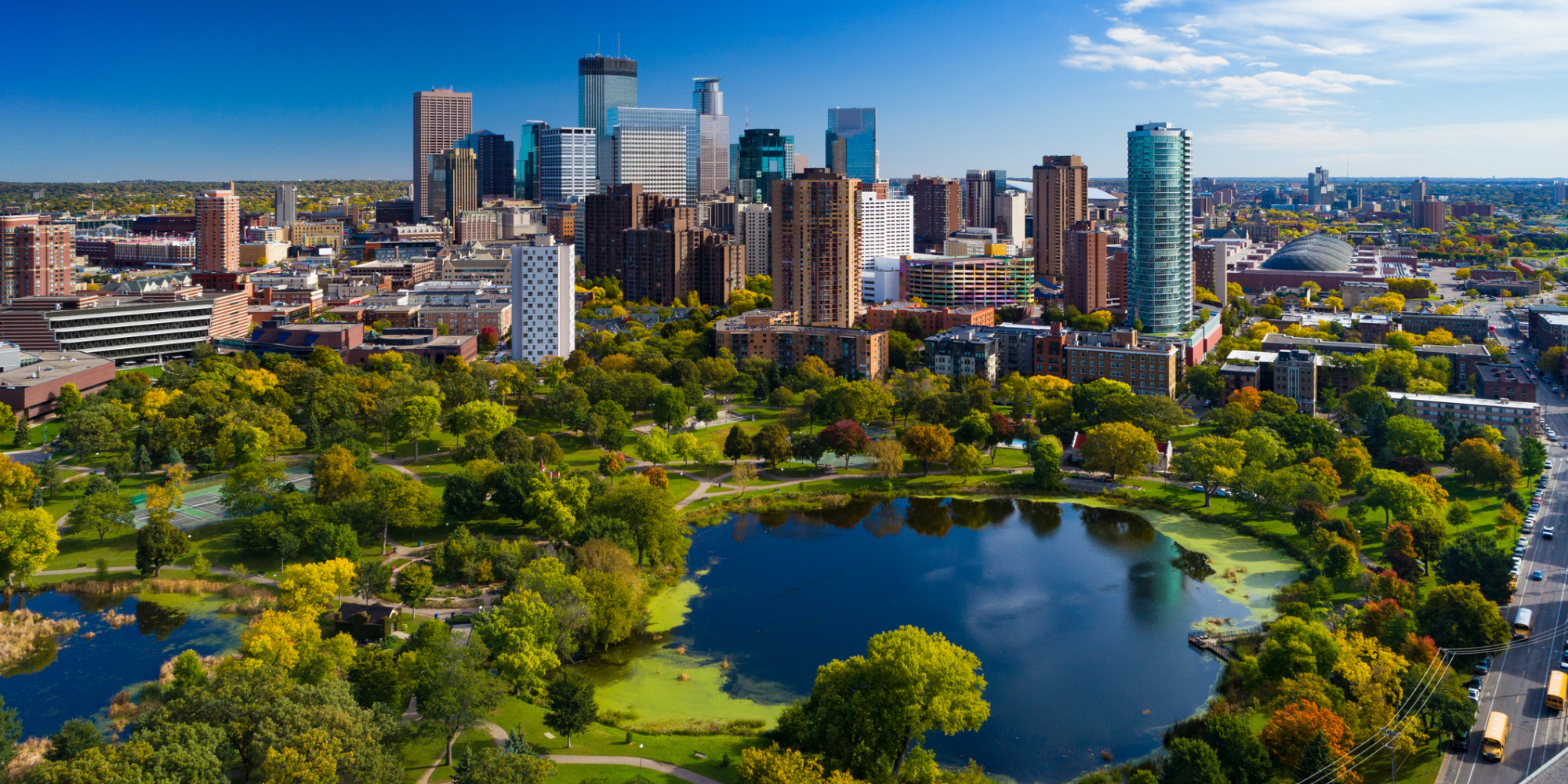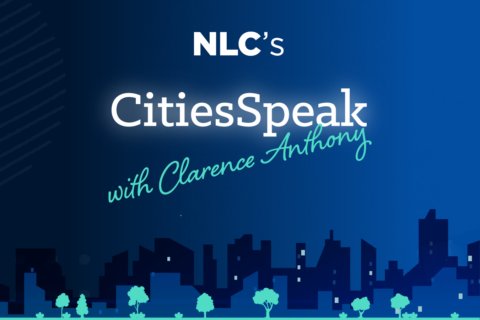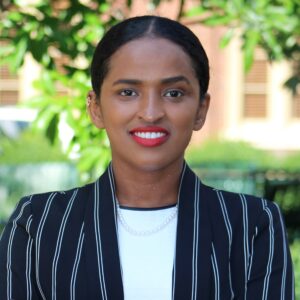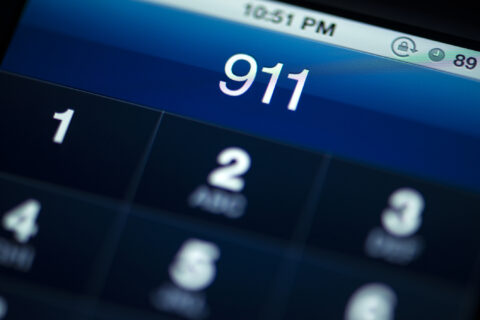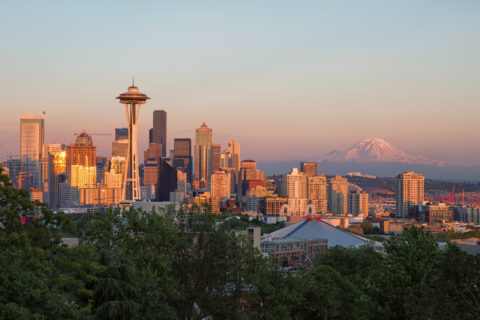In the year since the tragic murder of George Floyd, my city has faced insurmountable challenges. As an elected official, I am in no way immune to the physical and mental impact of those challenges. Like my constituents — I, too feel the pain, heartache and strife that has piled on top of us amid a pandemic, ongoing racial injustice, extreme polarization and violence.
Alongside my colleagues, I have worked tirelessly over the last year to reimagine public safety in an attempt to transform systems of oppression in Minneapolis. The injustice did not begin on May 25, 2020, but my hope is now enough people have woken up to the reality of racial oppression in our country to truly lead to long overdue changes. Through the proposed Transforming Public Safety Charter Amendment, our city could unite under a new, more equitable vision of what makes people feel safe across neighborhoods and zip codes. Black, Indigenous and people of color (BIPOC) communities must be a part of each step of the transformation of a system that has historically – and sadly in present day – led to police and community violence, incarceration, and disenfranchisement.
As a part of NLC’s Reimagining Public Safety Task Force, I have been able to connect with other elected officials and share in our successes, struggles and ideals. While our cities are different and have different wants and needs, we all recognize the need to be intentional in the engagement of all communities within our jurisdictions. We cannot simply keep doing what we have always done or act in performative ways to momentarily appease those we serve. Now is the time for real change inclusive of residents at every step of the process. When the Task Force report is released in the fall, our hope is that we can all come together around ways to do better.
For Minneapolis, I hope that this means:
- A new department of public safety that centralizes the city’s safety work, leads to accountability, integrates the public health approach to public safety into all our public safety services and functions, and provides stronger oversight of our police department.
- Community-led violence prevention, reduction, and interruption via the Office of Violence Prevention
- Cohesion across levels of government and elected officials toward a common goal
- Alternative response mechanisms for those in crisis
- Equity, Equity, Equity!
In addition to this being a critical moment for systems change, this also happens to be an election year for myself and for many of my colleagues in the City of Minneapolis. This increases what is at stake and makes this push for transformation even more challenging. Additionally, the spikes in violence over the past year add another layer to the complications.
Managing the balance between the transformation of our system should not stand in opposition to addressing violence. Rather, the two should be seen as complementary. Violence in our city and in many other cities must be addressed as a public health issue. We can have several things happening at once –we can dismantle and rebuild a system of safety, create or enhance a strong community response to violence and get at the root causes of that violence together. I am encouraged by the recent announcement of a federal gun violence prevention strategy from President Biden and his administration. Much of what will be supported and funded via this strategy will fall in line with our local visions of safety.
I am tired, my community is tired and cities across the country are tired. Rather than simply allow that fatigue to stifle us, my hope is that it will catapult all of us into action. My colleague in Philadelphia, Councilmember Jamie Gauthier, shared her feelings a year after the murder of George Floyd and I echo her thoughts:
“The interconnected nature of mental health, physical health, police violence, community violence and trauma has reached a boiling point and it is up to all of us as elected officials to think beyond what we have always done.”
Learn More
Subscribe to NLC’s City Justice Newsletter to keep up to date on the latest work cities, towns and villages are doing across the country to reimagine public safety in communities.
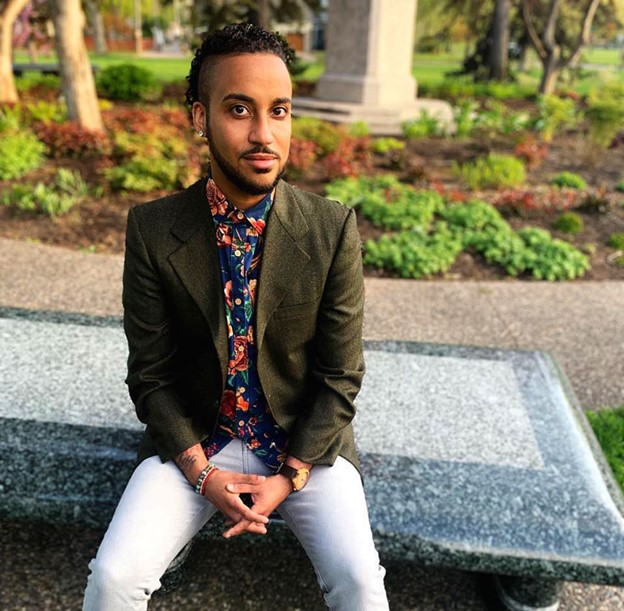
About the Author:
Councilmember Phillipe Cunningham serves Ward 4 in Minneapolis. He is a fierce community advocate, the first person of color to represent Ward 4 and is the first elected out trans man of color.
